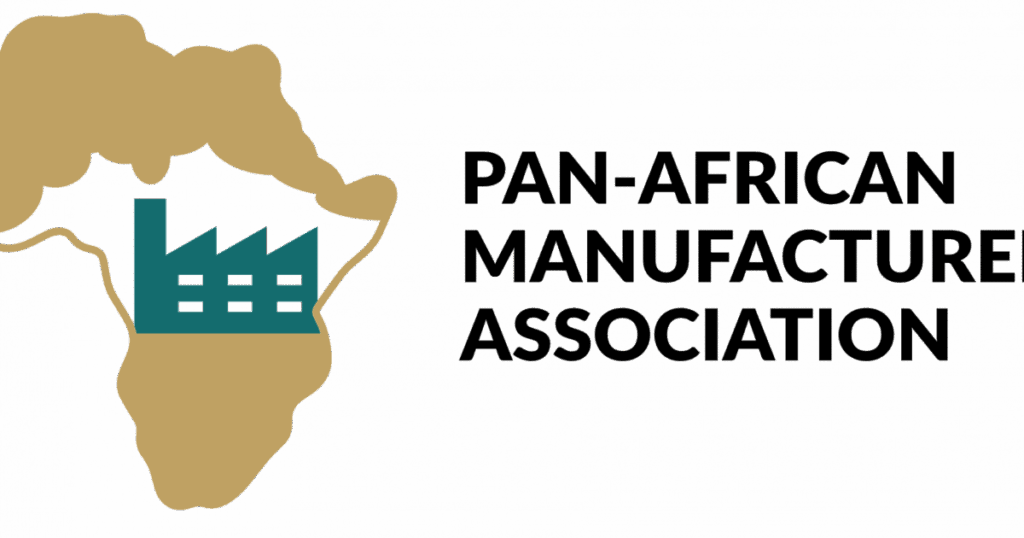Thirty-four per cent of Small and Medium-scale Industries surveyed across Africa have revealed that infrastructure deficits and poor logistics remain the biggest barriers preventing manufacturers from reaping the full benefits of the African Continental Free Trade Area.
This is according to a recent report by the Pan-African Manufacturers Association titled ‘African Continental Free Trade Area: Impact and Opportunities Assessment for Africa’s Small and Medium-scale Industries.’
The report identified challenges, including inadequate infrastructure and weak logistics networks, as the “most critical obstacles” affecting optimal intracontinental trade.
PAMA reported that its findings emerged from a survey of 207 manufacturing firms across sectors such as food and beverages, textiles, plastics, and chemicals.
“The full realisation of AfCFTA’s potential largely depends on strategic interventions that support the growth and active participation of SMIs in the scheme,” the report stated.
Although 96 per cent of SMIs surveyed expressed willingness to engage in intra-African trade, the report noted that several hurdles continue to undermine their participation.
“Key challenges include inadequate infrastructure, cumbersome customs procedures, financial constraints, product standardisation, low production volume, and limited awareness of AfCFTA’s provisions and protocols,” the report asserted.
It added that 22 per cent of respondents cited financial difficulties such as forex instability and lack of access to export financing as major obstacles.
Another 26 per cent admitted to having “absolutely no familiarity” with the workings of the AfCFTA.
The association urged governments across Africa to prioritise infrastructure development, reduce trade bottlenecks, and expand capacity-building programmes targeted at SMIs.
“Recommendations include investing in infrastructure and logistics, simplifying customs and regulatory processes, providing financial support mechanisms, and adopting export clustering for SMIs with similar products,” the report noted.
It also stressed the need for strong regulatory frameworks to ensure a level playing field, stating “There is a need to mitigate the risks of unfair competition, particularly from larger firms or industries.”
The report concluded by calling on policymakers, development institutions, and stakeholders to act swiftly in addressing these challenges.
“Despite challenges, targeted interventions and collaborative efforts can help unlock the full benefits of a single market in Africa for the continent’s industrial transformation,” the association submitted.















